The 1 Side Effect Of Sesame Seeds You Must Know About Today
You may think twice the next time you reach for an extra spoonful of this nutritious seed.

Image: Shutterstock
Sesame seeds offer an array of health benefits. They are a part of many different cuisines. However, one must also be aware of the side effects of sesame seeds associated with their overconsumption. They may also trigger allergies in a few. In fact, there is a rise in sesame seed allergies in the United States. Continue reading to know more about the potential negative effects of sesame seeds.
Erin, a blogger, shared her personal account of her toddler son being allergic to peanuts, tree nuts, dairy, eggs, wheat, soy, corn, and sesame seeds. She said, “But of all the foods my son has been allergic to, it’s sesame seeds that have caused the most problems (i).”
A survey conducted on 40,453 adults and 38,408 children found that approximately 0.49% of the US population reported a sesame allergy, and 0.23% met the symptom-report criteria for it. Also, 23.6% to 37.2% of these individuals had previously experienced a severe allergic reaction to sesame seeds.
 Know The Flip Side: Sesame Seeds
Know The Flip Side: Sesame SeedsShort-Term Effects
Anaphylaxis involves symptoms like hivesi Red, itchy, and swollen bumps on the skin that appear due to allergic reactions, stress, infections, or other irritants. , breathing problems, coughing, vomiting, nausea, and abdominal pain.
Long-Term Effects
May cause low blood glucose levels, low blood pressure, complications during pregnancy and appendix pain.
Drug Interactions
None
When To See A Doctor
In case of severe sesame allergy symptoms such as breathing difficulties, vomiting, and hives.
In This Article
What Is The Side Effect Of Sesame Seeds?
Although there are multiple sesame seed benefits, overconsumption can cause serious health complications. The one side effect of sesame seeds, anaphylaxis, can manifest in various forms.
Anaphylaxis

Anaphylaxis is a reaction that occurs when the immune system releases high levels of certain powerful chemicals. These chemicals induce what is called an anaphylactic shock in medical terms. This shock can drastically lower your blood pressure and even constrict your airways, obstructing the breathing process.
According to the American Academy of Allergy Asthma and Immunology, anaphylaxis can be a serious condition, and individuals need prompt medical intervention (1).
 Did You Know?
Did You Know?Though this is the primary (and most often, the only) side effect of anaphylaxis, it can show up in various ways.

Key Takeaways
- The most prominent side effect of sesame seeds is anaphylaxis, which surfaces as various allergy symptoms like breathing difficulty, hives, and even vomiting.
- Foods like buns, bagels, snack bars, halvah, tahini, and hummus contain sesame seeds.
- People suffering from gout and Wilson’s disease should avoid sesame seeds as they are rich in copper.
- Sesame seeds might lower blood sugar levels, thus making the ingredient unsafe for people on blood sugar medication.
What Are The Symptoms Of Anaphylaxis?

Sesame allergy (or anaphylaxis) can manifest in a number of symptoms. These include:
- Difficulty in breathing
- Coughing
- Nausea
- Diarrhea (2)
- Abdominal pain
- Vomiting
- Hives
- Itchy mouth
- Flushing in the face, skin irritation, or inflammation
- May cause a headache or lead to dizziness
Knowing the symptoms is one thing. And knowing how to prevent them is another.
How To Prevent Sesame Allergy

Avoiding sesame is one great way to prevent the allergy. This means that you need to avoid all foods made with sesame or sesame seed oil. These include the following:
- Baked foods like cookies, buns, and bagels. Certain bread products also contain sesame.
- Snacks like granola bars, candy, and pretzels.
- Middle Eastern foods like halvah, tahini, and hummus.
 Trivia
TriviaCheck the food labels. Also, since sesame can even be a hidden food allergen, avoid foods with unclear product labels or no ingredient list.
Any Other Precautions?

Yes, people with gout and Wilson’s disease (a condition that leads to the accumulation of copper) should avoid sesame seeds.
Sesame seeds contain oxalatesi Naturally occurring substances in plants that can bind to minerals like calcium and, in certain cases, may cause kidney stones when ingested in excess. , which might aggravate gout symptoms. The seeds are also rich in copper, which is why anyone suffering from Wilson’s disease must abstain from consuming the seeds.
Some research suggests that sesame seeds can lower blood sugar levels. This may not be good news for people on blood sugar medication, as the seeds might lower blood sugar way too much. Stay in touch with your doctor if you are taking blood sugar medication.
Even pregnant and breastfeeding women must stay away from the seeds, as there is not enough information on whether they are safe during this period.
Infographic: Side Effects Of Sesame Seeds
Sesame seeds are a great source of vitamins, minerals, and antioxidants for those who are not allergic to them. To others, they may cause a great deal of pain and a trip to the hospital. Check out the infographic below to understand the symptoms of sesame seed allergy and how to possibly avoid it.

Illustration: StyleCraze Design Team
 Fun Fact
Fun FactSesame seeds have been used in folk medicine for their medicinal properties. Their nutrient and fiber content offers several health benefits. However, overconsumption of sesame seeds may lead to allergies. The one major side effect of sesame seeds is anaphylaxis. It can block your airways, lower blood pressure levels, and obstruct the breathing process. People with sesame allergies may also experience nausea, vomiting, abdominal pain, hives, an itchy mouth, and coughing. Hence, limit their consumption and consult your doctor in case of emergencies.
Frequently Asked Questions
Are there any alternatives to sesame seeds or sesame oil?
Yes, instead of sesame seeds, you may opt for sunflower seeds or pumpkin seeds. These provide a similar crunch and are ideal for replacing sesame in salads, granola bars, and baked goods.
Similarly, instead of sesame oil, you may use peanut oil. It has a nutty flavor, which is very close to sesame oil, and works well in stir-fries. Avocado oil also has a mild nutty and grassy taste. Olive oil also has a similar consistency to sesame oil and a neutral flavor. You can use it in marinades, sauces, and cooking.
What happens if we eat sesame seeds daily?
It is good to eat sesame seeds daily. Sesame seeds are rich in manganese and calcium, which help strengthen the bones (3). Calcium also plays a major role in muscle movement and hormone release. However, excess consumption of sesame seeds should be avoided.
Do sesame seeds cause gastric discomfort?
Yes, sesame seeds can cause digestive issues, such as gas, bloating, and constipation, if consumed in excess. They are rich in fiber, which may trigger gastrointestinal discomfort (4).
Are sesame seeds good for sperm?
Yes, sesame seeds are good for improving sperm motility and count. They also help manage infertility (5).
What is the best way to eat sesame seeds?
Sesame seeds can be eaten raw, toasted, or baked. They have a naturally nutty flavor when baked or toasted.
Do sesame seeds heat the body?
Yes, sesame seeds have the ability to heat up the body, as per Ayurveda.
Do sesame seeds increase weight?
No, sesame seeds do not increase weight. In fact, they help in weight loss by promoting satiety and curbing hunger.
Illustration: The 1 Side Effect Of Sesame Seeds You Must Know About Today

Image: Dall·E/StyleCraze Design Team
Uncover the hidden dangers of sesame consumption and its potentially harmful effects on your health. Dive into this insightful video to make informed decisions for a healthier lifestyle.
Personal Experience: Source
StyleCraze's articles are interwoven with authentic personal narratives that provide depth and resonance to our content. Below are the sources of the personal accounts referenced in this article.
i. Sesame: The 9th Food Allergen?https://shmallergy.wordpress.com/2016/05/24/sesame-the-9th-food-allergen/
References
Articles on StyleCraze are backed by verified information from peer-reviewed and academic research papers, reputed organizations, research institutions, and medical associations to ensure accuracy and relevance. Read our editorial policy to learn more.
- “Anaphylaxis” American Academy of Allergy Asthma and Immunology.
https://www.aaaai.org/conditions-treatments/allergies/anaphylaxis - Sesame Allergy: Role of Specific IgE and Skin Prick Testing in Predicting Food Challenge Results
https://www.ncbi.nlm.nih.gov/pmc/articles/PMC3131114/ - Formulation and biochemical evaluation of designer diet enriched with botanicals for bone health
https://pmc.ncbi.nlm.nih.gov/articles/PMC7300062/ - Sesame (Sesamum indicum L.): A Comprehensive Review of Nutritional Value Phytochemical Composition Health Benefits Development of Food and Industrial Applications
https://www.mdpi.com/2072-6643/14/19/4079 - Effect of sesame on sperm quality of infertile men
https://pmc.ncbi.nlm.nih.gov/articles/PMC3732896/
Read full bio of Sarah Spann
Read full bio of Ravi Teja Tadimalla
Read full bio of Arshiya Syeda
Read full bio of Aparna Mallampalli






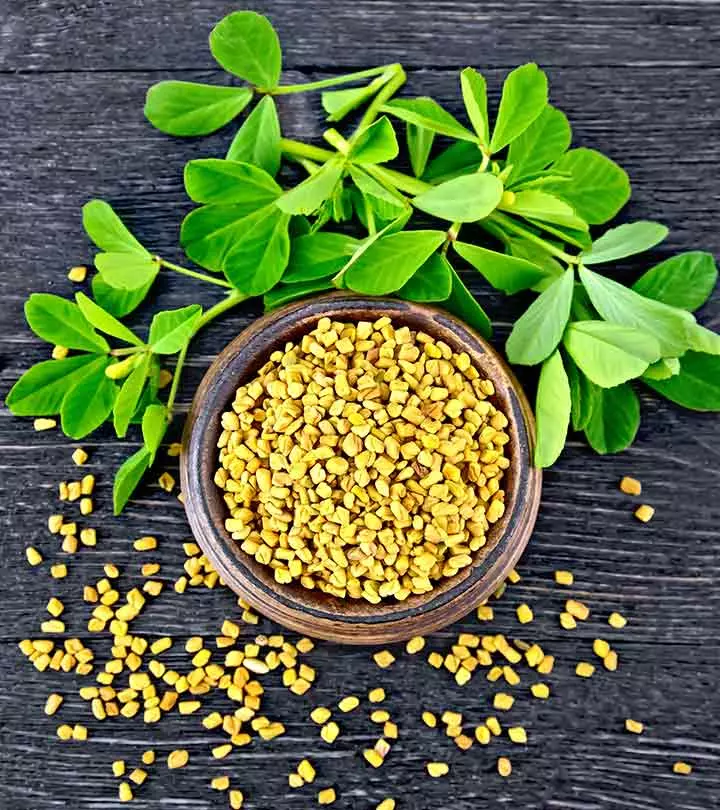
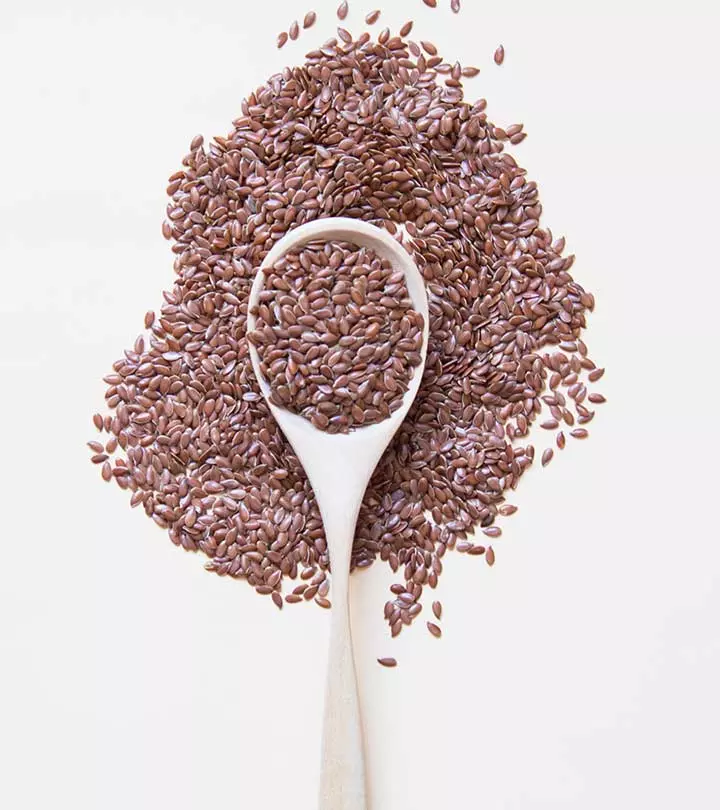



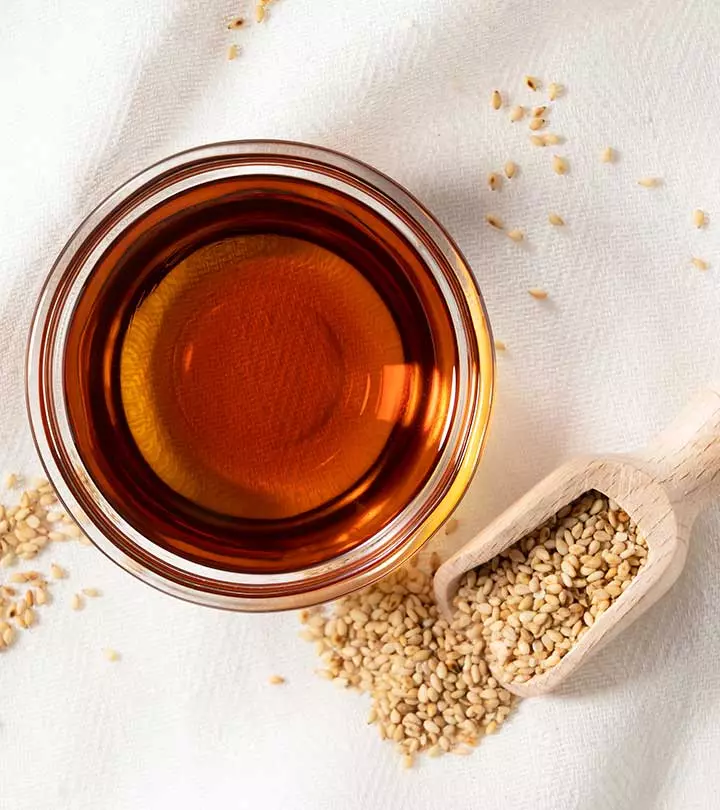







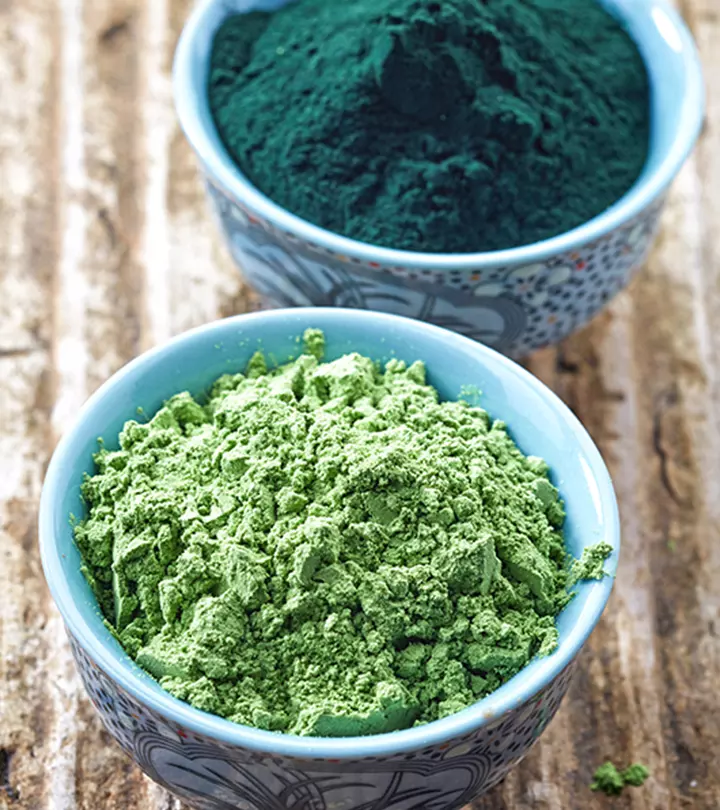


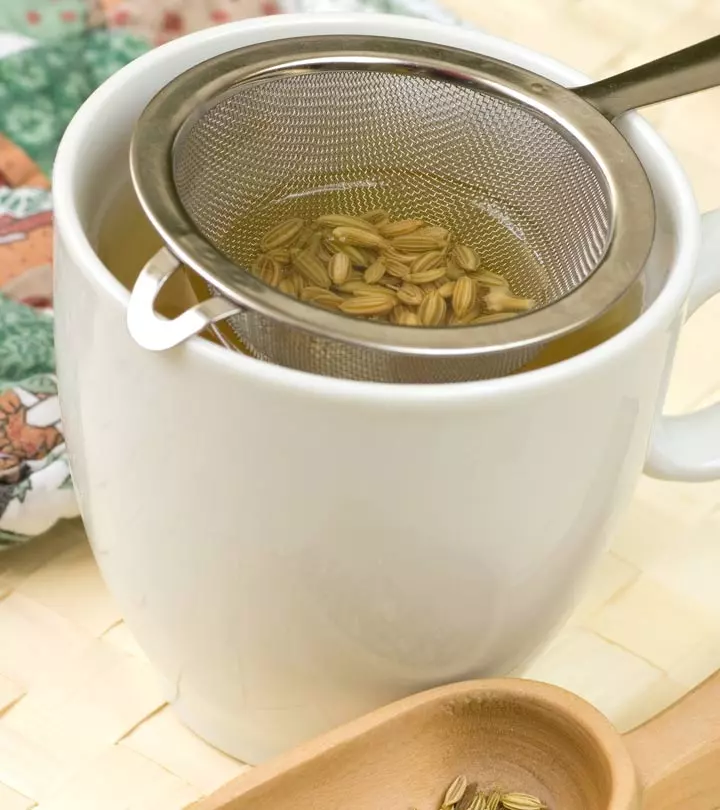




Community Experiences
Join the conversation and become a part of our empowering community! Share your stories, experiences, and insights to connect with other beauty, lifestyle, and health enthusiasts.